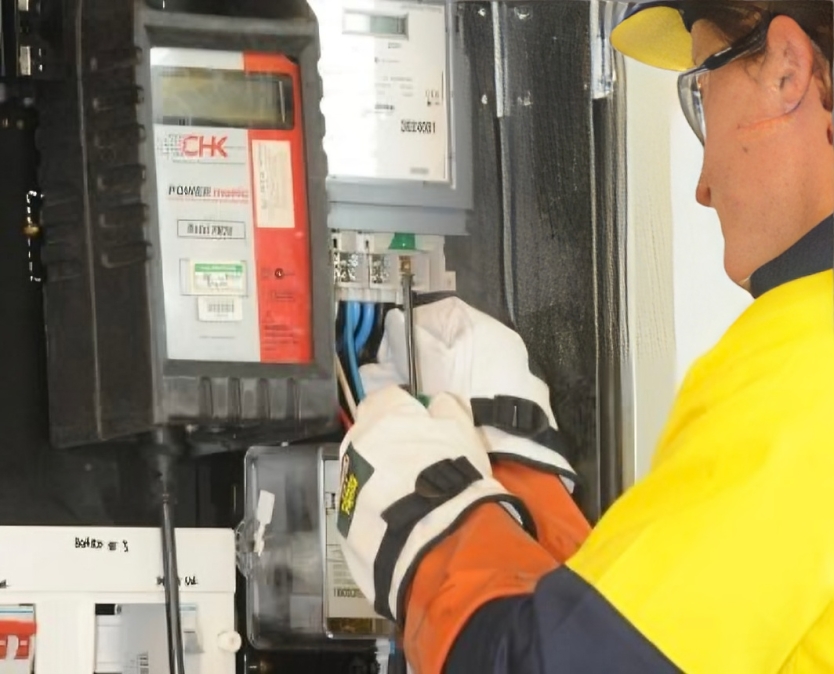KEY POINTS
- Eskom begins smart meter installations in KwaZulu-Natal on 6 October 2025 as part of a national rollout to modernise the grid.
- The meters aim to reduce load reduction and improve billing accuracy, while isolating non-paying users from compliant ones.
- Critics warn the move could give Eskom excessive control and distract from its failure to expand electricity generation.
Eskom has begun installing smart meters across KwaZulu-Natal as part of a nationwide drive to overhaul South Africa’s ageing electricity infrastructure and address persistent load reduction.
The initiative marks one of the utility’s boldest steps yet in its attempt to stabilise power supply and modernise energy management systems.
According to Eskom, the project aims to install over 7.2 million smart meters within the next three years, with around 800,000 customers in KwaZulu-Natal set to benefit in the first phase.
The utility described the rollout as a critical part of its effort to build a “smarter, more connected South Africa” that enables both consumers and the company to manage electricity more efficiently.
The installation, Eskom said, will provide customers with real-time control over electricity usage, accurate billing, and quicker service turnaround, while giving the company reliable data and faster fault responses.
Residents are being urged to grant Eskom teams access to their meter boxes to ensure a smooth process.
Smart meters seen as key to isolating non-paying users
The plan forms part of a wider national strategy unveiled by Minister of Electricity and Energy, Kgosientsho Ramokgopa, who is targeting an end to load reduction within 12 to 18 months.
He said the initiative, backed by the refurbishment of local infrastructure and the introduction of decentralised power generation, will help restore fairness in the distribution of electricity.
“Many paying customers feel unfairly punished by load reduction. With smart meters, we can isolate those who refuse to pay without penalising compliant users,” Ramokgopa said during the plan’s announcement.
The minister also noted that smart meters would enhance access to free basic electricity (FBE), allowing the government to “front-load” the monthly 50 kWh allocation to qualifying low-income households. Currently, only about 485,000 out of 2.1 million eligible Eskom customers benefit from FBE.
However, not everyone is convinced. Asad Gaffar, chairperson of the Westville Ratepayers Association and the eThekwini Ratepayers Protest Movement, argued that the devices would give Eskom and municipalities excessive control over consumer power usage.
He warned that companies seeking independence from Eskom’s grid could erode its revenue base even further.
“Instead of focusing on control, Eskom should be increasing its power output to meet demand. Other countries plan long-term for their electricity needs, but South Africa continues to suffer from poor management decisions,” Gaffar said.
The controversy around Eskom’s debt remains central to the conversation. Ramokgopa recently revealed that municipalities owe the utility over R100 billion, while customers owe municipalities an even larger R400 billion, creating a financial loop that cripples power delivery.



